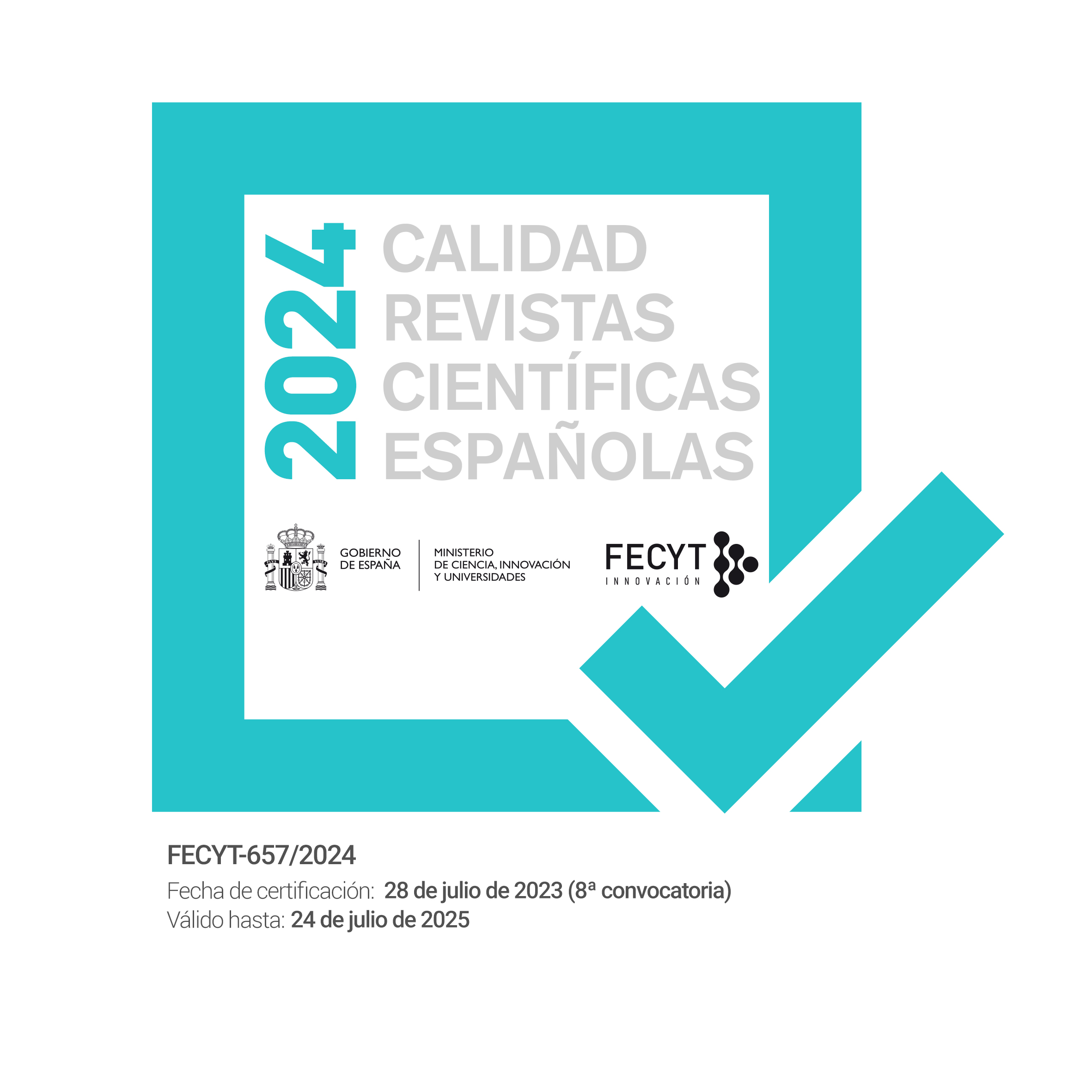Galician Journal of Economics 2024 Award
2024-12-16
We are pleased to announce the 2024 Most Cited Paper Awards for the Galician Journal of Economics. This Award go to the research papers published that received the highest numbers of citations according to Scopus in 2022-2024. This year, the Award goes to:
Santiago-Torner, C. (2024). Influencia del teletrabajo sobre el desempeño creativo en empleados con alta formación académica: la función mediadora de la autonomía laboral, la autoeficacia y la autoeficacia creativa. Revista Galega de Economía, 32(1), https://doi.org/10.15304/rge.32.1.8788
Congratulations to the award-winning paper and thank to all authors for their contributions to the Galician Journal of Economics!







